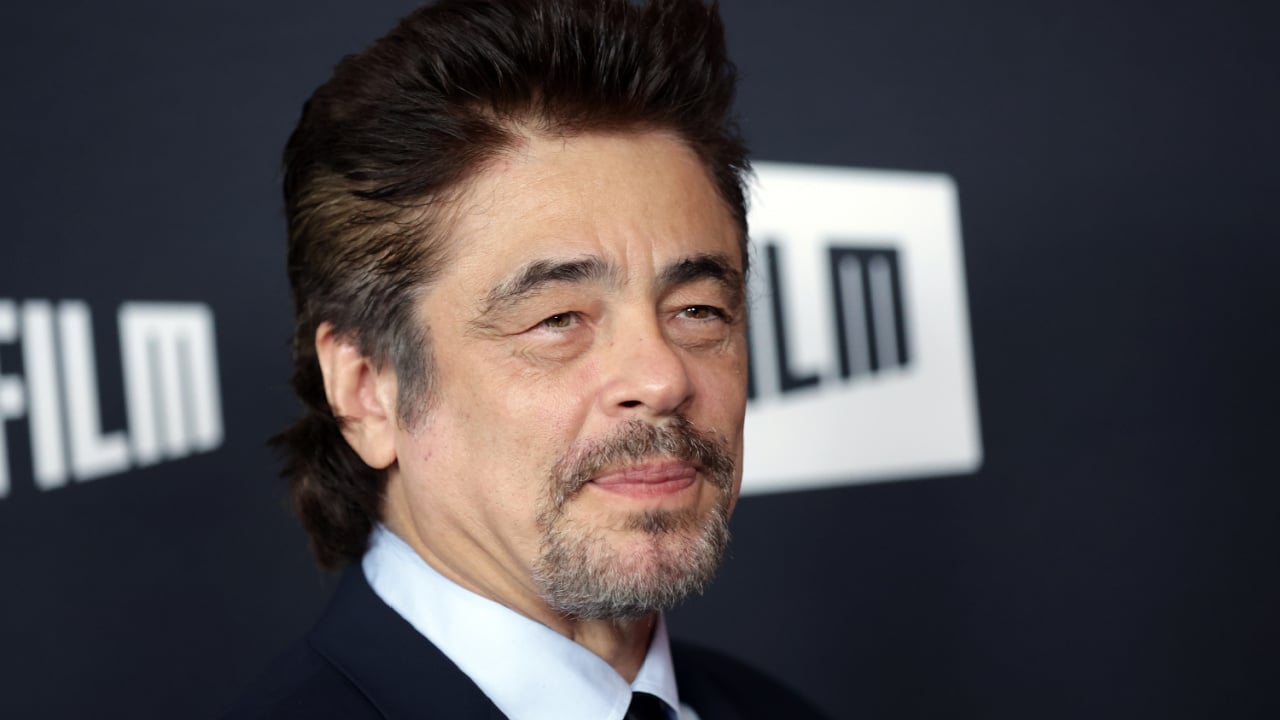How Mexican Sports Broadcaster Pedro ‘El Mago’ Became Legendary
Pedro ‘El Mago’ Septién Orozco was one of México’s greatest chroniclers and storytellers of the golden age of baseball.
During his sixty-five-year career trajectory, he broadcasted 6500 baseball games, 56 MLB World Series games, and six Summer Olympic games.
Undoubtedly, Septién Orozco was not only a jack of all trades but a master of all.
When Pedro Septién was born in Santiago de Querétaro, México, on March 21, 1916, tensions between the U.S. and México were at an all-time high.
The Mexican Expedition was in full effect soon after Pancho Villa attacked the town of Colombus, New Mexico. The post-revolutionary era brought forth several changes in the Mexican consciousness, which Septién’s family helped mold.
A career filled with stories to tell
Pedro comes from a line of Mexican politicians, journalists, and orators. In a 1981 interview with Ricardo Rocha, he recounted that a typical dinner conversation in his home involved a mix of politics and philosophy.
Although he came from a wealthy family with a noble lineage, El Mago was always a man with his feet on the ground.
“I don’t believe in blue blood or nobility,” the announcer said. “I do believe that noble people are those who do charitable works, those who love their homeland.”
As a child, Pedro Septién quickly fell in love with baseball and 23 other athletic disciplines, which he later narrated in his career.
In 1938, Enrique Contel, the director of XEW in México, held a contest for aspiring radio broadcasters. Septién’s wit, prose, and ability to improvise impressed Contel, and after winning, Septién became an announcer on XEQ.
A year later, he narrated a tennis match between Texas and México at the Centro Deportivo Chapultepec in Polanco. From this point forward, it was clear that his ability to broadcast was impeccable and unique.
At 23, Pedro Septién embarked on his career as a sports chronicler
Despite being one of the youngest professionals in the industry, he had a few tricks up his sleeve that earned him the admiration of radio listeners.
Around the ‘40s, Septién’s career began to flourish alongside legends like Mexican baseball league president Jorge Pasquel who broke baseball’s color barrier in México.
Baseball’s golden age in México was just getting started, and Pedro Septién was the voice of this era.
His ingenious phrases and oral manifestations made his storytelling one of a kind.
Eventually, Septién Orozco earned the nickname ‘El Mago’ for having an extraordinary memory that allowed him to recall significant plays and game statistics on the spot.
There were occasions when El Mago would imagine random boxing matches that had not even happened. He would do so based on probabilities he tested in his mind with data he collected in his infamous journals.
When Pedro Septién was in front of the microphone, he would sometimes only receive brief notes with names, memorable moments, and results.
Storytelling was the magic that he created for audio listeners at home
El Mago Septién would turn a few words into a 12-round boxing match or a three-hour baseball game. For example, on March 22, 1951, he famously improvised a game between Azules del Veracruz and Diablos Rojos del México.
After the transmission failed, he continued to narrate the game as if nothing had happened. All details were simply a product of his imagination.
“It’s not enough to awaken the imagination and retain it: you have to know how to satisfy it,” he used to say.
Today, many aficionados refer to Pedro Septién as a walking encyclopedia and remember him for his time on the big screen.
Furthermore, El Mago Septién acted in fifteen films. His experience included Champion without crown (by Alejandro Galindo, 1946) with David Silva and Pepe the Bull (by Ismael Rodríguez, 1953) with Pedro Infante.
One way or another, Pedro ‘El Mago’ Septién Orozco was a part of six generations of Mexican sports fans. He left a legacy only comparable to a few sports broadcasters.
This way, in 1988, the Mexican baseball hall of fame honored him with a plaque in Los Jardines del Antiguo Salón de la Fama in Monterrey.
Similarly, two baseball stadiums were named after him in Veracruz and Santiago de Querétaro, his hometown, after his passing in 2013.
El Mago’s sports legacy continues to live on in those who remember him and on the field.



